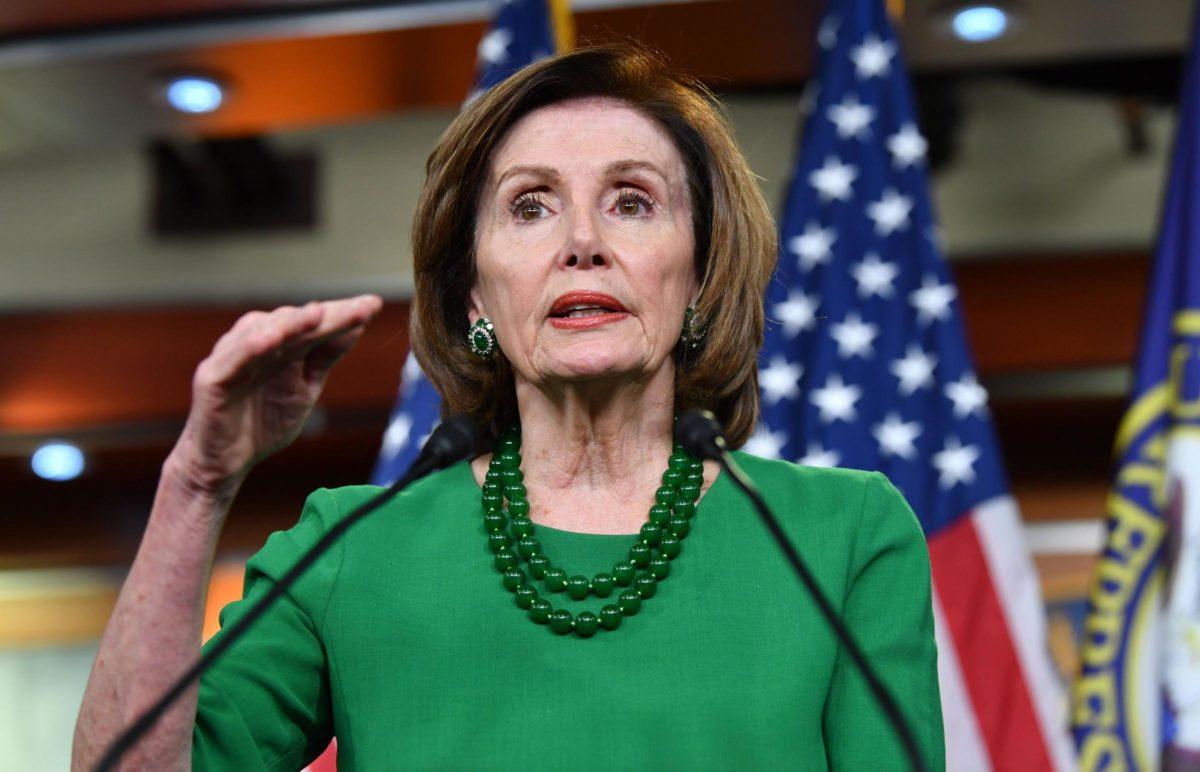
The House is poised to pass a D.C. statehood bill next week — the first time in U.S. history either chamber will approve legislation granting the District full representation and voting rights in Congress.
In announcing the historic vote Tuesday, Speaker Nancy Pelosi and House Majority Leader Steny Hoyer cheered the move as a victory for black residents in particular, as the nation undergoes a racial justice reckoning following the death of George Floyd at the hands of police on May 25.
“This is not just an issue of local governance and fairness, it is a major civil rights issue as well,” Hoyer (D-Md.) said. “This was an appropriate time to bring a bill forward to show respect for the citizens of the District of Columbia of whatever color, but also to show respect to a city that has a very large African American population.”
The District has long been predominantly black, although the demographics have shifted significantly in recent years due to rapid gentrification and white residents moving into the city.
The House will vote on the legislation June 26, one day after it considers a sweeping police reform bill that Democrats’ put together in the wake of Floyd’s death and the nationwide unrest that followed.
While the bill already has enough Democratic cosponsors to pass the House, it is expected to go nowhere in the Senate, where Majority Leader Mitch McConnell (R-Ky.) has expressed staunch opposition to D.C. statehood and even compared it to “full bore socialism” in an interview last year.
President Donald Trump has also dismissed the idea, saying Republicans would be “very, very stupid” to grant D.C. statehood because of the District’s overwhelmingly Democratic leanings.
“So we can have two more Democratic — Democrat senators and five more congressmen? No thank you. That’ll never happen,” Trump told the New York Post last month.
The House has considered D.C. statehood before, with a failed floor vote in 1993. Since then, there have been occasional rumblings about making the District the 51st state but no concrete action until Democrats took back the House and held the chamber’s first hearing on the issue in more than 25 years in September.
But Democratic leaders said it’s even more important to put the bill on the floor now, especially after peaceful protesters were violently cleared from LaFayette Square by National Guard troops for a presidential photo op earlier this month.
“For more than two centuries, the residents of Washington D.C., the District of Columbia, have been denied their right to fully participate in their democracy,” Pelosi (D-Calif.) said Tuesday. “And in recent days, we have seen a disturbing physical manifestation of that injustice when federal agents and out of state National Guard troops were deployed against peaceful protesters in the District without residents’ approval.”
Trump attacked D.C. Mayor Muriel Bowser on Twitter after the incident and threatened to deploy more federal troops in the nation’s capital.
“Statehood fixes it all. And now, the American people have a clear idea of what can happen without it,” Bowser said at the news conference on Tuesday.
Eleanor Holmes Norton currently represents the District as a nonvoting delegate. But if it were granted statehood, its citizens would be represented by two senators and one representative in the House, not five as Trump incorrectly speculated.
“For the first time, statehood will put an end to our oldest slogan — ‘taxation without representation,’” Holmes Norton said Tuesday, noting the city’s residents pay the highest federal taxes per capita and yet don’t have voting representatives in Congress.
“Statehood ensures that living in the nation’s capital is about pride, not prejudice,” she added.
Souce: NPR